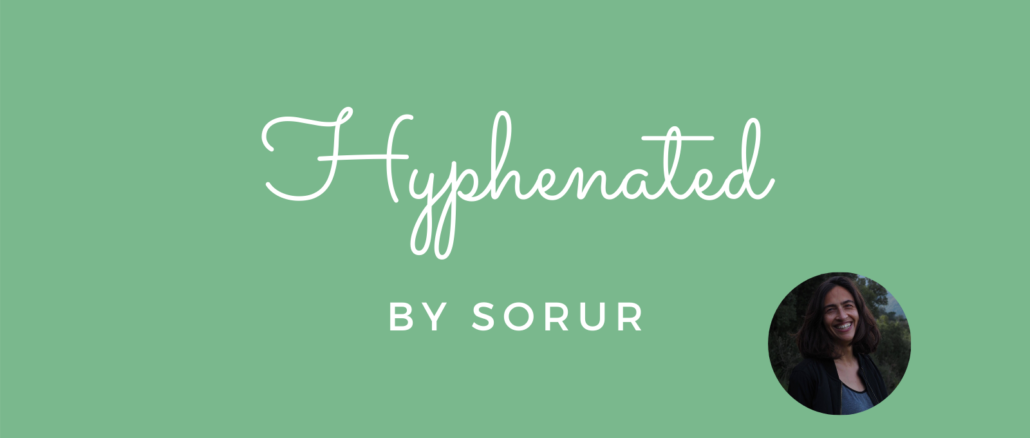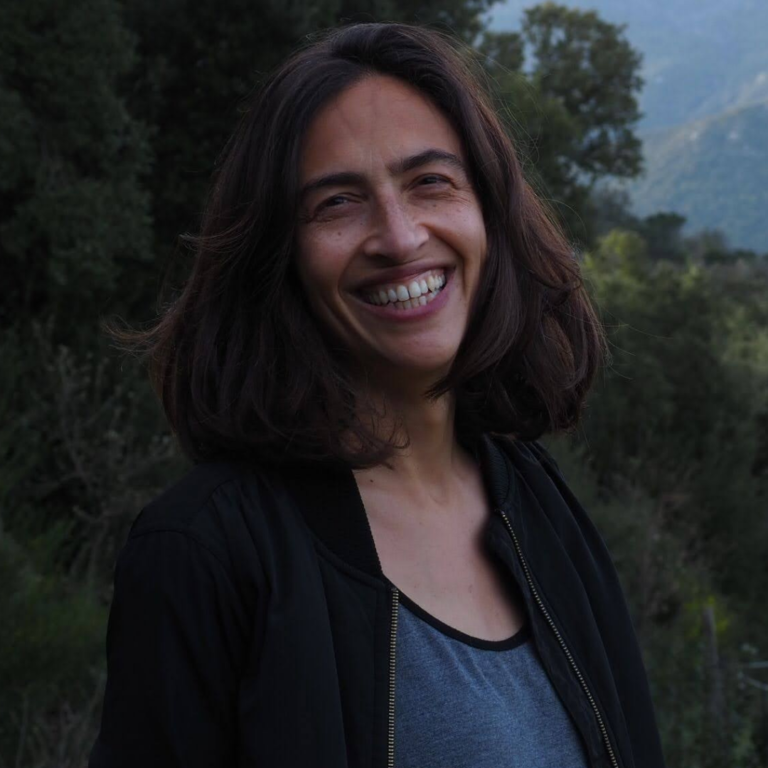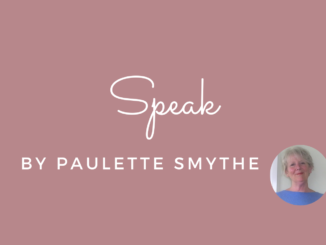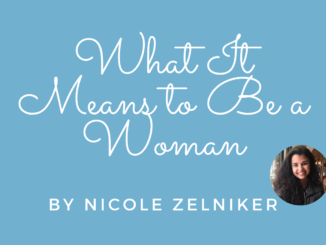
I had spent the past year living a lie. Well, maybe it was just a fib. Or a front. Then I came face-to-face, veil-to-veil with the muddled truth.
* * *
When I was ten, my family moved us from New York to rural Pennsylvania and my mom told my sister and I that we could use our middle names instead of our Persian, hard-to-pronounce birth ones. My sister became Rachel and I, well, I couldn’t imagine turning my head when someone called out “Sarah!” It just didn’t feel right. No matter how much I hated my name, it was what I answered to.
But 16 years later, when I took a year off work to go live in Barcelona, I finally took up my mother’s offer. I had imagined the Spaniards struggling to say my name, not the way my dad says it with the vowels pure and clear, and the r’s soft and slightly rolled, but the way I had gotten accustomed to Americans saying it, “Suh-ROAR.” I’d always have to repeat my name to new people, clarifying, “Yeah, like a lion roars,” or “Yup, like a sorority.” What I didn’t realize was that I was already living a falsehood, a misnomer, a gentrification of a language I didn’t even speak. So when I landed at the airport in Barcelona, I practiced saying my new name, “Sa-rah.” Hmmm. Forget the “h,” let’s make it a simple “Sa-ra.”
When I’d meet people in a bar, I’d respond to the question of “What’s your name?” with a simple two-syllable response. This casual way of answering, not bracing myself for “just curious” interrogations was something that most people took for granted. I relaxed into a simple one-word reply, no long story to get into, no furrowed eyebrows, no suspicious squints trying to figure out what I was. With “Sara,” I stepped into a new, easier life. I’d see the person’s eyes flicker in recognition of the sounds he knew to be familiar, normal, simple. The conversation would move forward to things like “What do you do?” or “Do you like paella?” instead of becoming a history lesson about the Iranian Revolution, why and when I immigrated to the U.S., how my mother is NOT Iranian, but Polish, a point they never seemed to believe since my darker complexion blotted out her red hair and hazel eyes. By becoming Sara, I was just me, no ethnic baggage to tug behind.
I would eventually tell my friends my real name, explain my origins, never denying or avoiding these truths. I wasn’t intending to deceive or negate, but the simplicity of being assumed white, Italian, Portuguese or something that would explain my thick eyebrows and olive skin, was liberating. In the U.S., I had tried to hang on to my hyphens. To my—Iranian-Polish-Jewish-Zoroastrian-American—four hyphens. But people only seemed to hear or see the first word, and that became my stamp of identity. Eventually, I would just say I was Iranian when someone asked where I was from, not bothering to add the other words, nor the obvious fact that I was American. But in Spain I said I was from New York and people drooled at the coolness of my city, picturing me as Annie Hall, a caricature they knew and loved, and the question of my ancestry remained for later conversations.
At the end of my year in Barcelona, my year of being Sara, I met my dad and sister in Paris to fly to Teheran. As the plane landed on the smoggy city, all the women pulled head scarves out of their totes, long sleeve overcoats in August to cover their arms and my four hyphens suddenly didn’t matter, I had to follow suit. It was my first and, to this date, only visit to my birth country since I was six months old. My father had to translate everything for me—every spoonful of ash-reshteh my grandmother served came accompanied with unintelligible words that my dad just waved away, saying it wasn’t important. When my cousin who I’d never met came to visit with his wife and son, we sat politely across from each other on opposite sides of the formal living exchanging niceties in school book English and sipping strong chai through a sugar cube placed between our teeth. I knew I had to refuse everything—food, drink, sitting, gifts—three times before I could accept. But I didn’t know that tarof applied to taxi drivers who pretended not to accept payment or shopkeepers who said our money was no good there. I witnessed all the little customs that my mother had tried to show off at dinner parties in New York as adorable oddities the Persians did. They became painfully inauthentic now that they manifested before my eyes in Iran.
In the bazaar, merchants followed us around, our unskillfully wrapped chadors or our stained Nikes or our wide eyes ratting out our visitor status. I couldn’t eat street food—that might make me sick—even though the local children lined up for the roasted corn on the cob or the sour cherry roll ups. I couldn’t swim in the hotel pool except for one hour allotted to women. I couldn’t wander the streets and ask for directions since the only thing I knew how to say was man irani hastam (I’m Iranian). My “pride” in my heritage was really just a fantasy of exoticism no better than my mother’s. When the hotel clerk who helped me use the internet gushed over how lucky we were to be Americans, I couldn’t possibly remind her of my hyphens, nor could I entirely disagree.
Sara stopped existing, for the most part, except for an old friend who never got used to calling me Sorur. I moved back to Barcelona years later, as me, with my Persian name, my baggage, and my hyphens because those little dashes seem to be a part of who I am. Not any one word tells my story. In Spain, my sequence of identity markers is reversed: first American, then the rest. But, nevertheless, they’re still trailing behind. When I meet Spaniards, they pronounce my name closer to the original sound, and often they say it’s beautiful. I frown, not used to the compliment, but when the usual barrage of questions about my background follow, that word “beautiful” attached to my name makes all those hyphens a little less cumbersome.

Sorur
Sorur is currently pursuing an MFA in non-fiction writing at Bennington College. She lives in Barcelona, Spain, where she raises her two children. Sorur is a former teacher but never stops learning.


